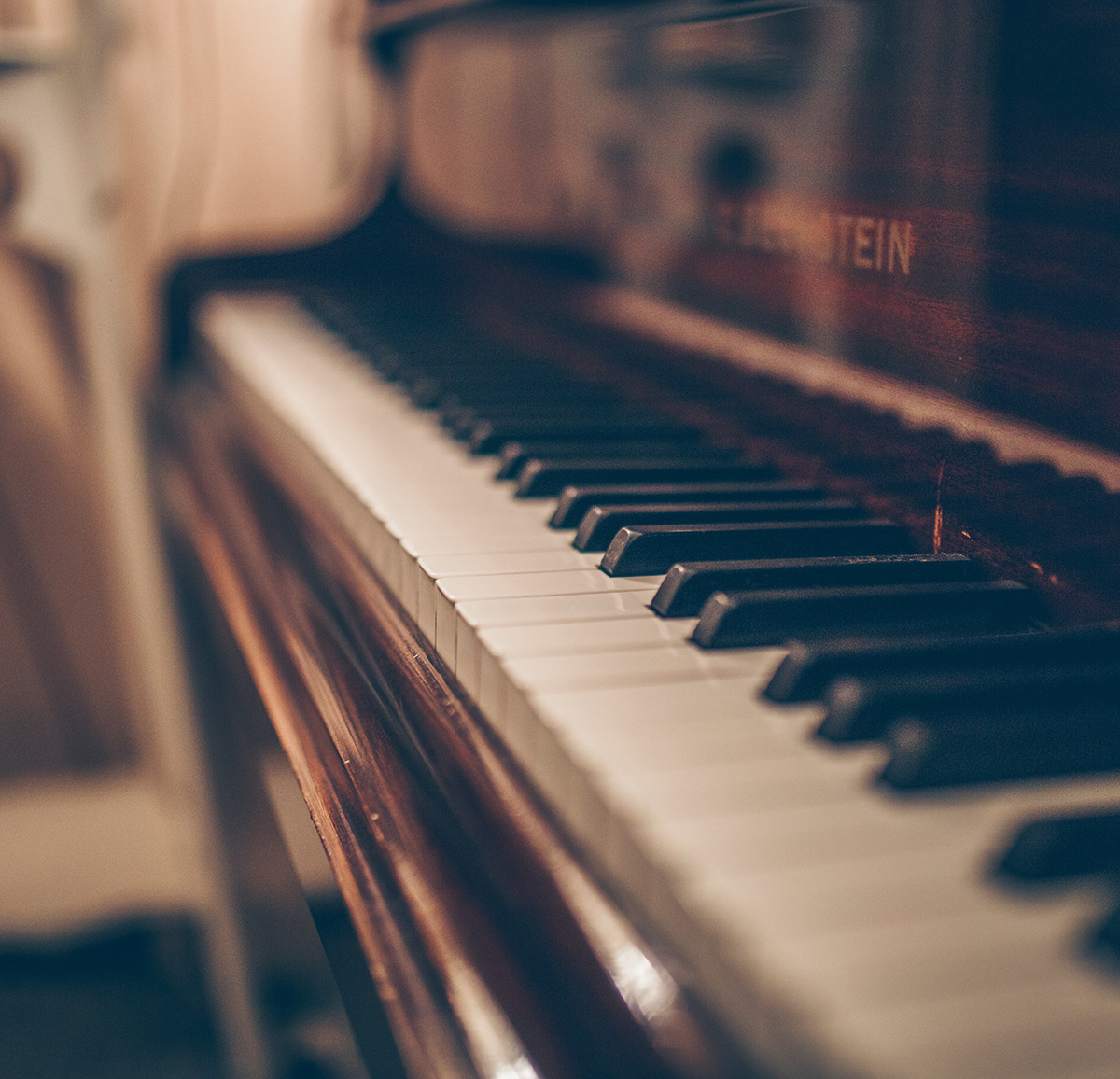

Digital Poverty
“We do not want to become tools of our tools. We want our tools to help us secure and enhance things that are good in themselves, without compromising or destroying other things good in themselves that may be more important still. For example, the hand-held telephone with internet connections allows us to speak easily with people far beyond the distance we can cross by shouting or waving flags or sending smoke signals. But when the use of such telephones shuts down communication with people three feet away from us, then we are talking about a tool whose use– if we do not learn to restrain ourselves– damages the very faculty that it is supposed to assist… Or if a student’s laptop computer prevents him from acquiring the patience and mental silence necessary to read a good book, then it is weakening the very faculty for which, presumably, it was adopted in the first place… It will not matter that the computer can place before the student’s eyes many thousands of books he could otherwise never open. He will lack the mental habits to read them.”
Anthony Esolen, Nostalgia: Coming Home in a Homeless World

The Media Blitz
St. Augustine said that “God has two books,” and he was referring to The Holy Scriptures and the created order. He thought humans come to know God primarily through those means.
Contemporary culture cuts boys off from both. With the scriptures relegated to the private sphere, boys who go through the public schools will rarely (if ever) “read, mark, learn, and inwardly digest” the living and active word of God.
The other book is also proscribed, not by legislation, but by cultural habit. The average teenager’s attention span is subjected to the media blitz: hours of enticing videos, electronically delivered and enhanced music, social media, emails, television, texts, and the general inwardness of climate-controlled living. Constantly addressed by the stimulating noise of the digital sphere, it would be easy to go through the day without looking at a single flower, tree branch, bird, river, or sunset. Boys raised in this environment will graduate their high schools having been exposed to much (probably too much), but they will be largely ignorant of both of God’s books.
St. Dunstan’s Academy seeks to help our boys read both books well, and that means they need ample time out of doors, in the fresh air, acquainting themselves with other people and, in the words of Gerard Manley Hopkins, “all things counter, original, spare, strange” in God’s creation.
Practicing Digital Poverty
In order to enable boys to flourish and grow in strength during these formative years, St. Dunstan’s students will live under a rule of digital poverty. Just as the Benedictines saw material poverty as a way to focus their attention on prayer and work, at St. Dunstan’s, an intentional step away from the computerized world will provide the boys with more free time, require them to grow in patience, and help them learn how to create things for themselves they otherwise wouldn’t have.
- No phones or computers will be allowed on campus.
- There will be no private televisions, though the boys will screen classic films together with faculty on large projectors.
- There will be no MP3 players or iPods. The boys will learn to sing and make their own music.
- The boys will all learn to write beautifully by hand. Essays, poems, tests, letters home, and speeches will all be crafted patiently with pen and paper.
Mechanical Proficiency
Not all technologies dull the imagination and sap creativity.
Boys who do spend time with machines– learning to wire a radio receiver, fixing a tractor engine, changing the knives on a thickness planer, draining and replacing the oil in a car– do not learn to be servile, but to be masters of the tools with which God has blessed our society. And as they learn the ins and outs of such machines, they will learn the spirit of play.
Graduates from St. Dunstan’s Academy will not be at a loss, later in life, if their door handle needs a new spring, or if a switch on the washing machine lid breaks and needs replacing, or if their car’s tire needs to be changed on the highway. Nor will they need to call a specialist and pay out the nose for a roadside service. In their time tending and maintaining their second home at St. Dunstan’s under the supervision of capable mentors, they will have had opportunities to learn about machines and how they work, and will have knowledge in their hands about wrenches, drills, motors and stoves. They will have learned the virtue of the liberally educated man: freedom.

